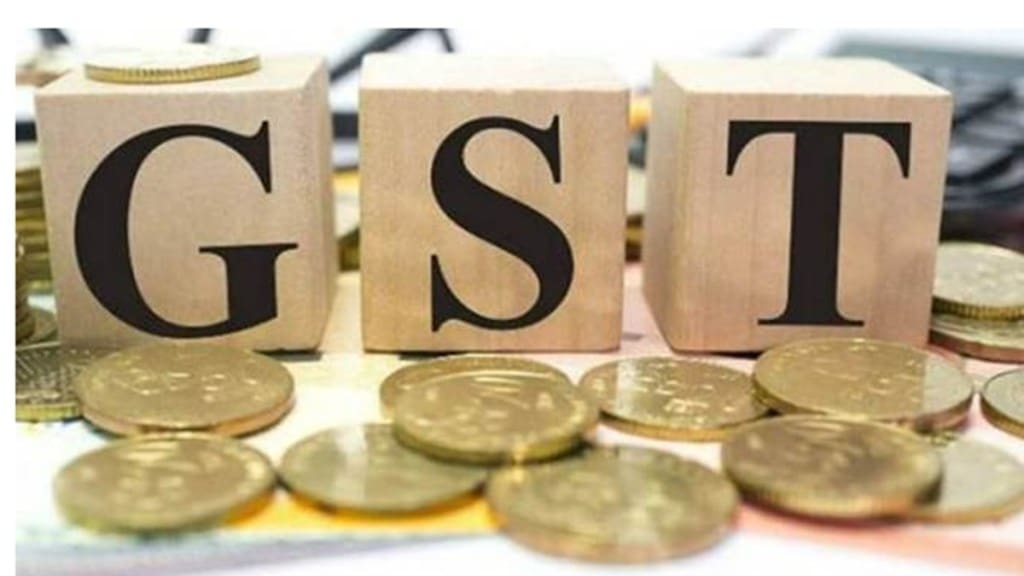The Rs 1.72 trillion gross GST collections in October, which was the second highest ever, came in due to buoyant economic growth in the country and not because of the show cause notices sent to online gaming companies as they are under dispute, Central Board of Indirect Taxes Chairman Sanjay Agarwal said on Wednesday.
“Also, growth in October GST collections was not only because of domestic GST suppplies, it was due to IGST on imports also…the imports were healthier as compared to previous months,” he said. “The imports were healthier as compared to previous months maybe because companies are replenishing their stocks or inventories due to the advent of the festive season.” In October, Integrated GST collections from imports of goods stood at Rs 41,127 crore, which was 13% higher on year.
On excise duty, Agarwal said that the rates of excise duty, mainly levied on petroleum products, is calibrated depending on the rates on the petroleum products that are prevailing in the international market. “The excise duty rates are not dependent on GST or Customs revenues,” he said. Bulk for the excise on fuels are in the form of specific duties, rather than ad valorem.
Excise duty collections in the first six months of FY24 has contracted 10.8% year-on-year to Rs 1.25 trillion. The sharp drop in excise duty collections is in contrast with 9.2% Budgeted growth in FY24. The cut in excise (and cess) rates on auto fuels in May 2022 is seen to be the main reason for the shortfall in excise revenue.
A ministry official last month had told FE that excise duty collections in FY24 by the Centre may show muted growth as compared to last year. “The Centre shall meet the Budgeted Estimate for GTR of Rs 33.6 trillion this fiscal year in the light of buoyancy in GST and direct tax collections…our only concern is excise duty,” the official said.
Saloni Roy, Partner, Deloitte India, said, “the decline in collections can be attributed to the reduction in Special Additional Excise Duty, commonly called windfall gain tax (which forms a part of excise duties) imposed by the government on oil production. The taxes are reviewed by the government on fortnightly basis (towards managing prices) and the same have been lower during FY23 as compared to FY22. The government had also reduced excise duty on CNG (when blended with Biogas or Compressed Biogas) in the Union Budget for 2023, which may have also marginally contributed to the fall in excise collections.”

